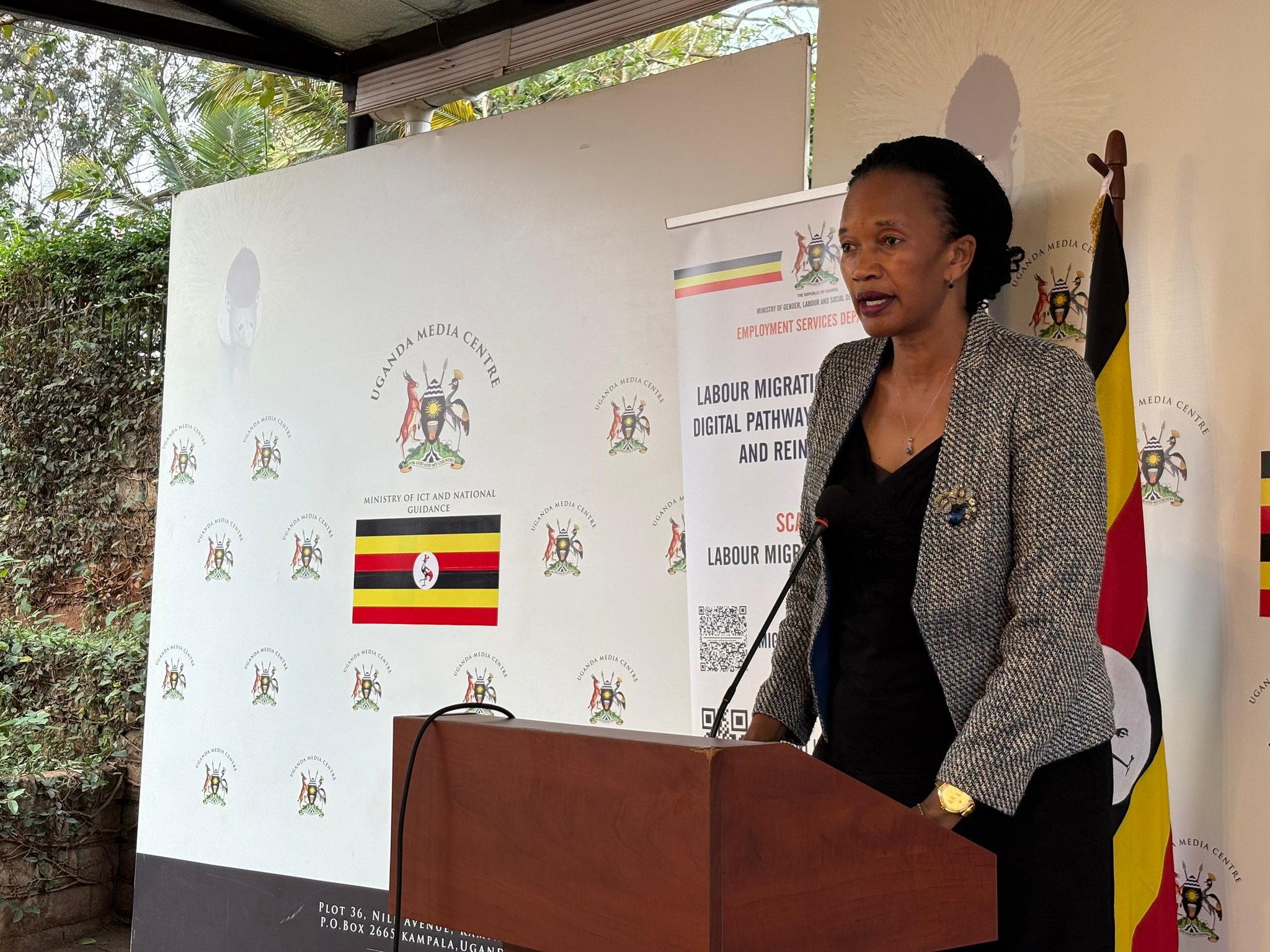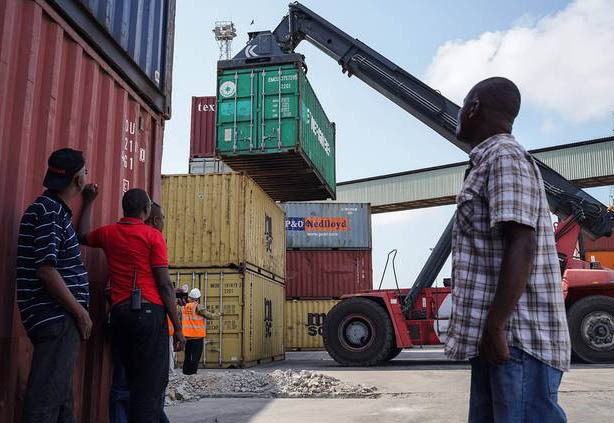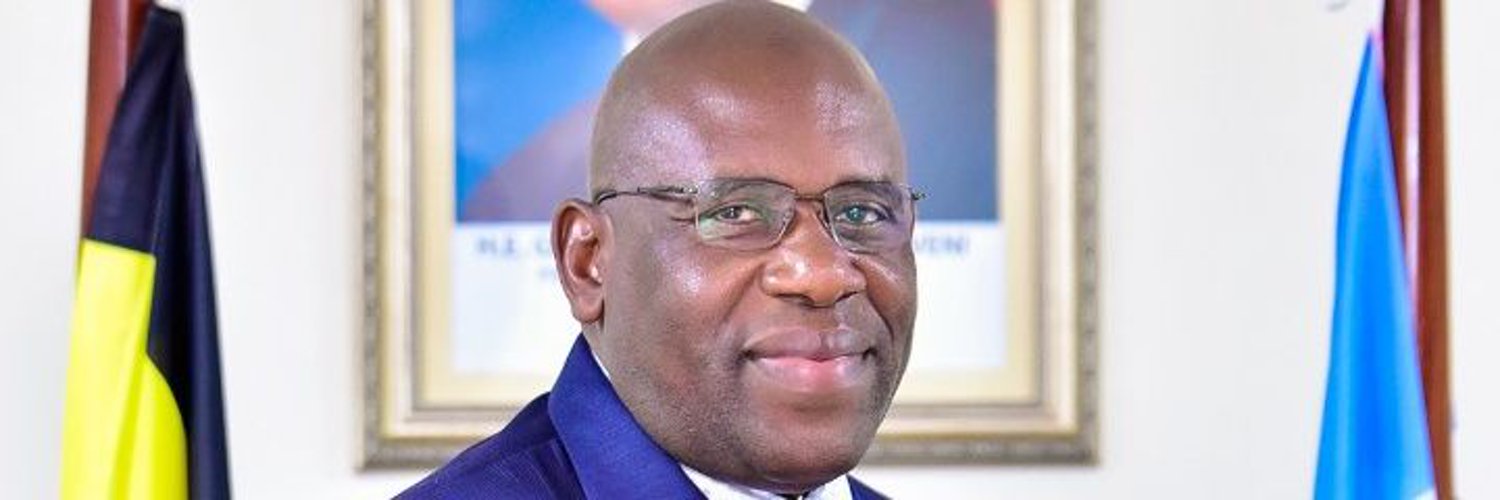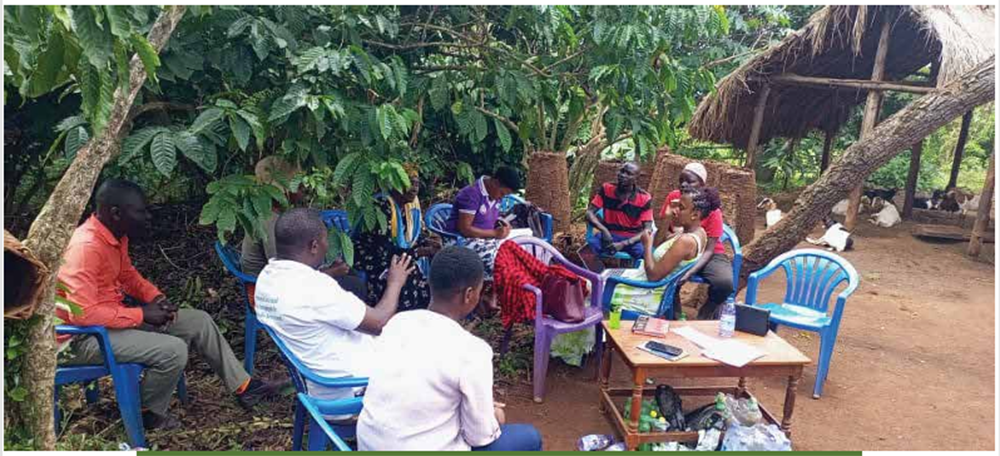Government has commenced a fresh investigation targeting a Dubai-based Ugandan suspected of international human trafficking. The primary suspect is Charles “Abbey” Mwesigwa, a former London bus driver who relocated to Dubai and allegedly built a network exploiting vulnerable young Ugandan women.
According to a BBC World Service investigation aired in September 2025, Mwesigwa is accused of luring women from rural Uganda with false promises of jobs in supermarkets or hotels, only to trap them in debt bondage and coerce them into prostitution.
The minister of state for Labour, Esther Anyakun, announced that a delegation of Ugandan officials will work closely with authorities in Abu Dhabi to conduct a fact-finding mission until the perpetrator is brought to justice.
Following the BBC exposé, Mwesigwa was reportedly arrested in Dubai’s Bur Dubai district on September 15, 2025, and held at the Central Prison Centre in Al Awir. An Interpol red notice was issued by at the request of the State Minister for Youth and Children Affairs, Balaam Barugahara, to facilitate potential extradition.
“We apologise to Ugandans, particularly the families of those affected by the recent BBC news story exposing commercial sex trafficking in Dubai. We urge the public to remain calm as the Ministry is taking decisive action to prevent such incidents from recurring,” Anyakun stated.
She emphasised the importance of using only registered companies for labour externalisation to avoid falling victim to human trafficking, a growing global issue that demands urgent action. Anyakun acknowledged that human trafficking is not only an international problem but also a domestic one in Uganda.
She highlighted a troubling trend where individuals, particularly young women, are lured from rural areas to urban centres with false promises of employment, only to be coerced into commercial sex work in hotels and bars. The public has been urged to remain vigilant and report suspicious activities.
Over the past eight years, around 180,000 Ugandans have secured jobs abroad through legitimate channels.
To combat labour exploitation and human trafficking, the ministry of Labour has implemented several measures, including nationwide sensitisation campaigns to educate Ugandans about their labour rights, encouraging the use of registered labour export companies, and strengthening bilateral agreements with countries in the Arab world.
These agreements aim to ensure that Ugandans working abroad are treated fairly and protected from abuse.







